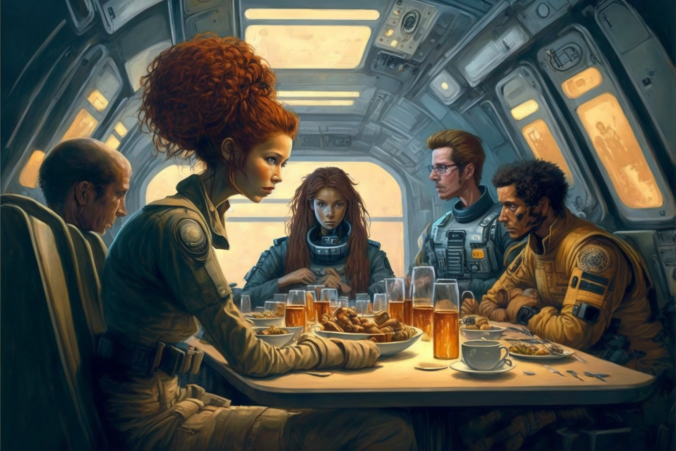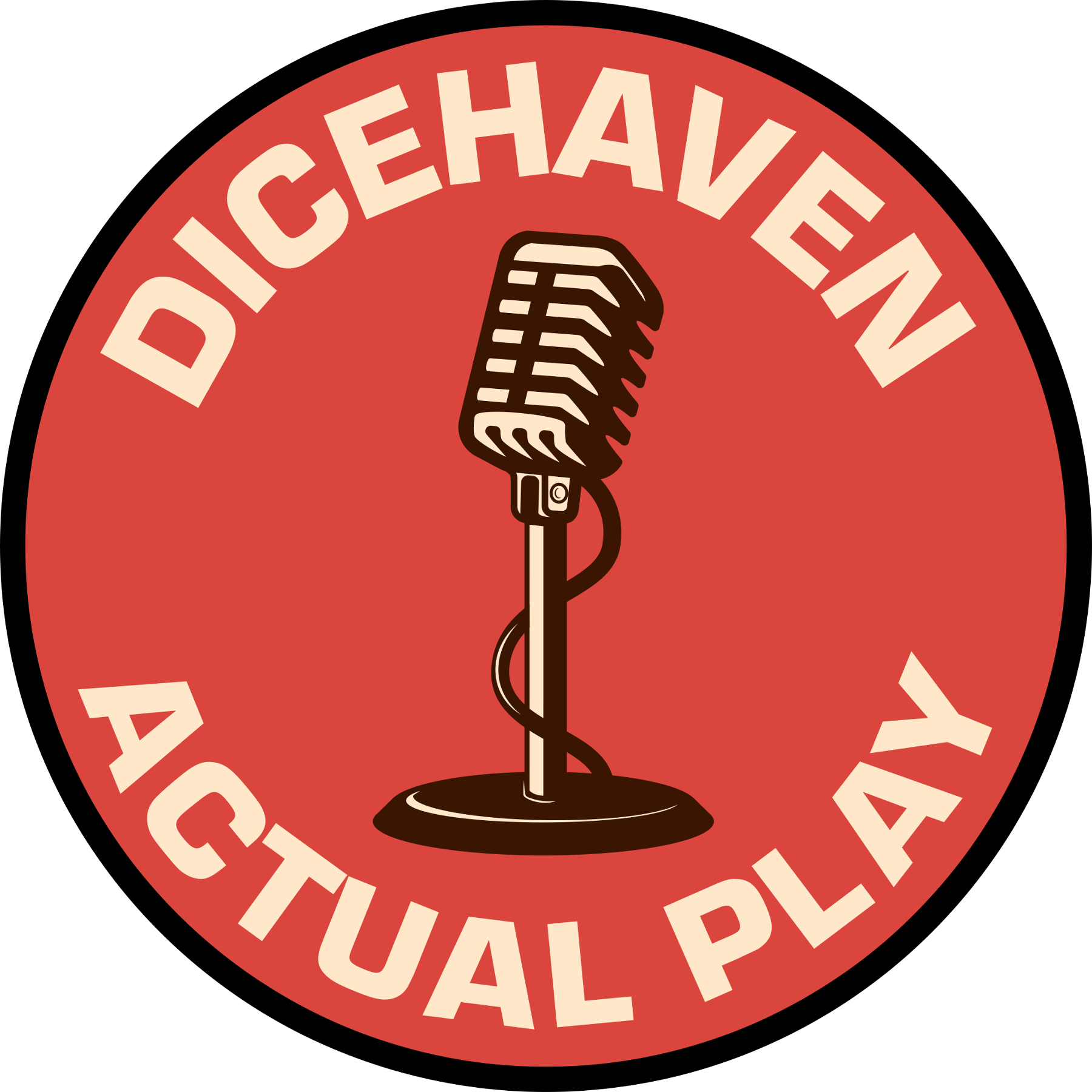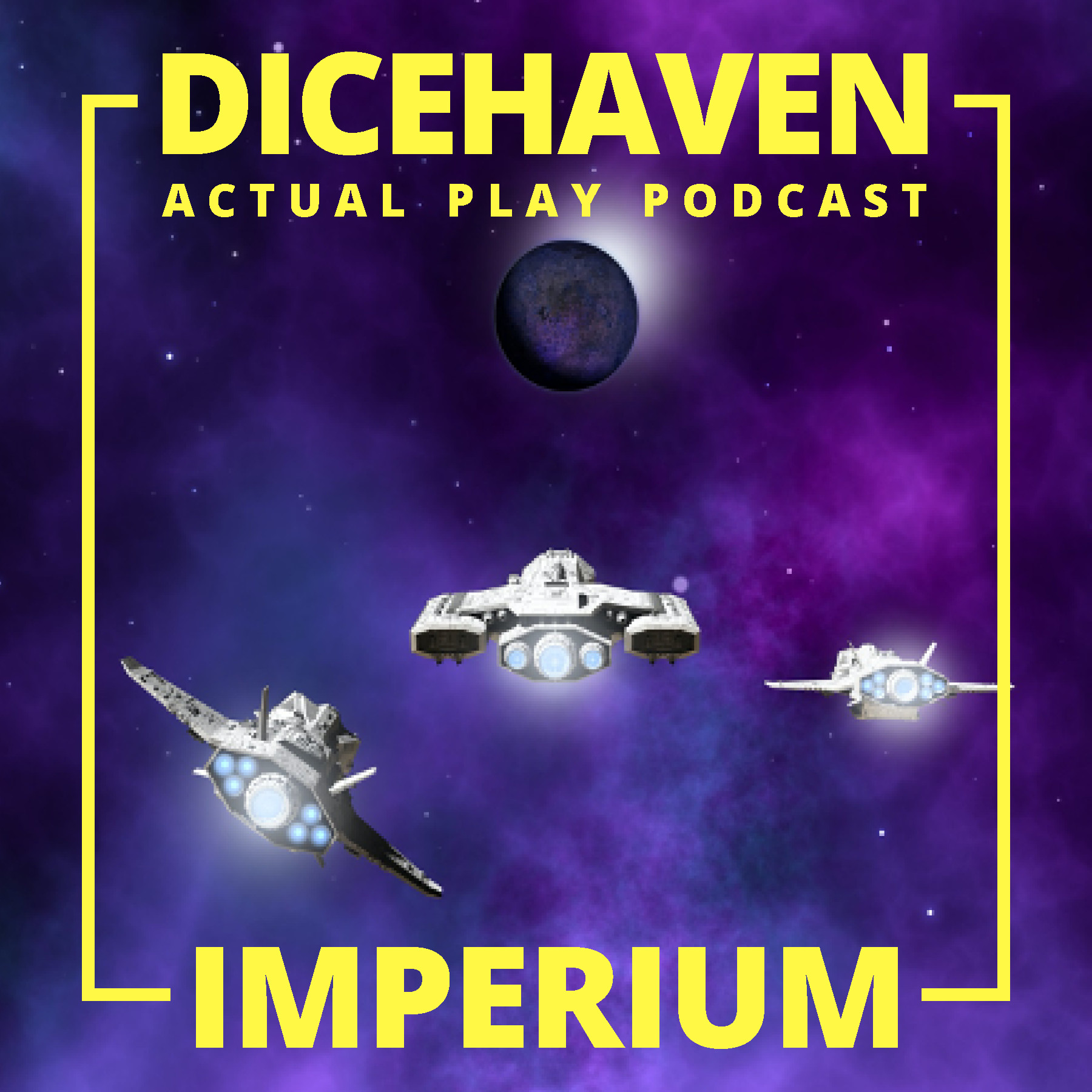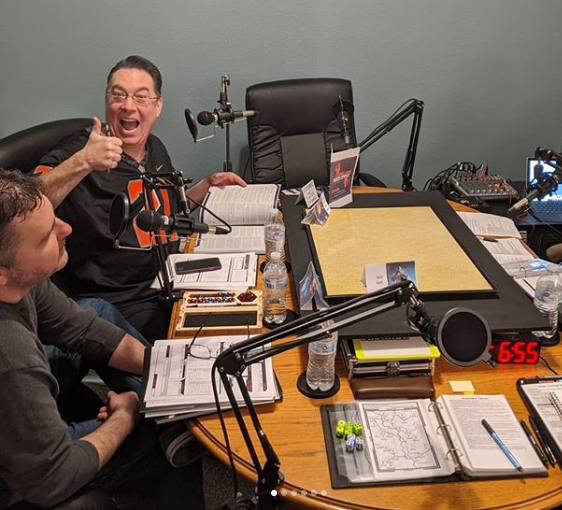Below is the updated list of my favorite games. Since my 2023 post, PbtA (Dungeon World, Masks) and D6 (WEG Star Wars, OpenD6, Mini6) fell off the list, replaced by 24XX and Pathfinder 2e.
In ranking a game, I look at more than just the core rules, I look a combination of the game mechanics and playability of the game, the robustness of 3rd party products or related games, and the game community for that system.
- Fate (Core, Condensed, Accelerated). I like to use a hack to use a single d6 die instead of Fate dice, an extended skill lists or 2-level skill lists, multiple skills for combat, and starting characters have 0 stress.
- BX D&D (Old-School Essentials, Basic Fantasy, Starships and Spacemen, BX Gangbusters, Basic Fantasy, Labyrinth Lord, etc.). Simpler than AD&D, BX (or Basic / Expert, the Red Box D&D basic rules from the 1980s) have the largest suite of adventures and modules (except for maybe D&D 5e). The game focuses on rulings not rules and procedural adventure generation.
- Traveller (Mongoose Traveller, Cepheus Engine Games, Classic Traveller). I most like Mongoose Traveller, but with house rules to add grenade deviation, and adding a change in character creation to prevent sequencing issues. 2d6 mechanic is simple and intuitive. There are also dozens of genre-specific settings like Wild West, Noir Detectives, etc.
- d100 (BRP, Call of Cthulhu, Rivers of London, OpenQuest, Jackals Clash system, Amboria (coming soon), d00Lite). In particular, I like DWD’s d00Lite series (FrontierSpace, CovertOps, Art of Wuxia, Barebones Fantasy). I have 65% in Shoot so my odds to hit with a gun are 65% — simple, intuitive, and very fast in gameplay to run these games.
- 24XX. 24XX are generic, SRD rules based on the 2400 RPG. There are 100+ different 24XX games, which are 1 sheet rules and adventures that are fantastic to pick up with zero prep and play an emergent game. This system is a joy to run.
- Savage Worlds. Both the latest Adventure Edition and Pathfinder Savage Worlds are cool-looking games. I’ve played Savage Worlds before, it is very focused on tactical, miniatures combat, so if that’s your thing, this is a great game! I advise a few tricks and tight GM’ing to keep the pace up; combat can drag on and it is very swingy and easy to die. Also, the plot points settings (especially 50 Fathoms) are my favorite campaigns to run!
- Pendragon. Essentially a d100 RPG but scaling down to d20 rolls. The main appeal is the highly regarded, multi-generational The Great Pendragon Campaign. This rating is based on a read of the rules; I’ve never actually played it! This system could rise (or fall) after I’ve taken it for a spin.
- The One Ring 2e. I’ve mostly played Adventures in Middle-earth (5e), but in the future, I’d move to use the simpler and more narrative TOR rules. The adventures are great, but there are a lot of rules subsystems (audiences, journeys, etc.) to keep up with.
- 13th Age. If you want a combat-as-sport game with balanced encounters, it’s hard to find a better system than this.
- Pathfinder 2e. Pathfinder 2e is also great at balanced combat but boy it can be crunchy. Combat is faster and better balanced than D&D 5e. Probably the most appealing thing about Pathfinder is Paizo’s amazing adventure path campaigns and organized play adventures. Much better that WOTC’s D&D 5e content in my opinion. And the fact that all their adventures reference commercial flip-mat battlemats that you can buy from Paizo makes it easy to set up a tactically interesting encounter with high production values. All of which is to say I’d happily play this game, but I’m not sure I’d run it. Were I to run the adventures for Pathfinder, I’d probably use Pathfinder for Savage Worlds or one of my home-brew systems instead.
Future Games
I hope to play Star Trek Adventures: Captain’s Log this year; the full Star Trek Adventures were more complex than I liked, but the rules light Captain’s Log game might be a great alternative for Star Trek games. If I like Captain’s Log I might be tempted to try the Star Trek Adventures Digest Version which cleaned up the rules. I could also mix and match the two games, like maybe running the full Star Trek Adventures game but pulling in the simpler rules from Captain’s Log for things like starship combat. I will also keep an eye on Star Trek Adventures 2e which should debut at GenCon.
Using My Favorite Games for Conversions
One benefit that has surfaced from curating my list of favorite games is having fewer games means I can focus on achieving system mastery for the top games on my list. I can’t think of any game I’d want to play that I couldn’t convert over to my top five game systems (Fate, BX D&D, Traveller, d100, and 24XX). Especially with tools like ChatGPT, it takes me less time to do a conversion of a setting I like to one of these game system than it would to learn whatever new system has come out for that setting. Plus, having a few tried-and-true games means I don’t get 6 games into a campaign only to find out I don’t like that rule system.
Some Thoughts About D&D Versions
I’ve played all the D&D editions. Original White Box D&D (OD&D) through AD&D second edition has a very similar playstyle with a focus on rulings over rules, flexible rules on distances (to support theater of the mind gaming). a medieval technology setting, and familiar set of races (or species). Starting with D&D 3rd edition, the focus moved to rules over rulings, counting 5′ squares, a renaissance technology setting, and an explosion of new races with each new edition. The post-3rd edition versions feel like a completely different game to me versions the old school style of play and the old school settings.
So when I think about my favorite editions of D&D, here are my favorite to least favorite editions:
- Basic/Expert D&D
- AD&D
- OD&D
- 2nd Edition AD&D
- D&D 5e
- D&D 4e
- D&D 3e/3.5e
So Basic/Expert D&D is my go-to D&D game. If I’m playing with a group that really wants the ‘combat as sport’ / balanced encounters / wargame-ish tactical rules, then 13th Age and Pathfinder 2e would be my top choices, followed by D&D 5e. Both 13th Age and Pathfinder 2e have better balanced encounter rules, Pathfinder has better adventures, and both games are committed to open, free SRDs versus the closed digital pay-to-play future of D&D 5e.




Recent Comments